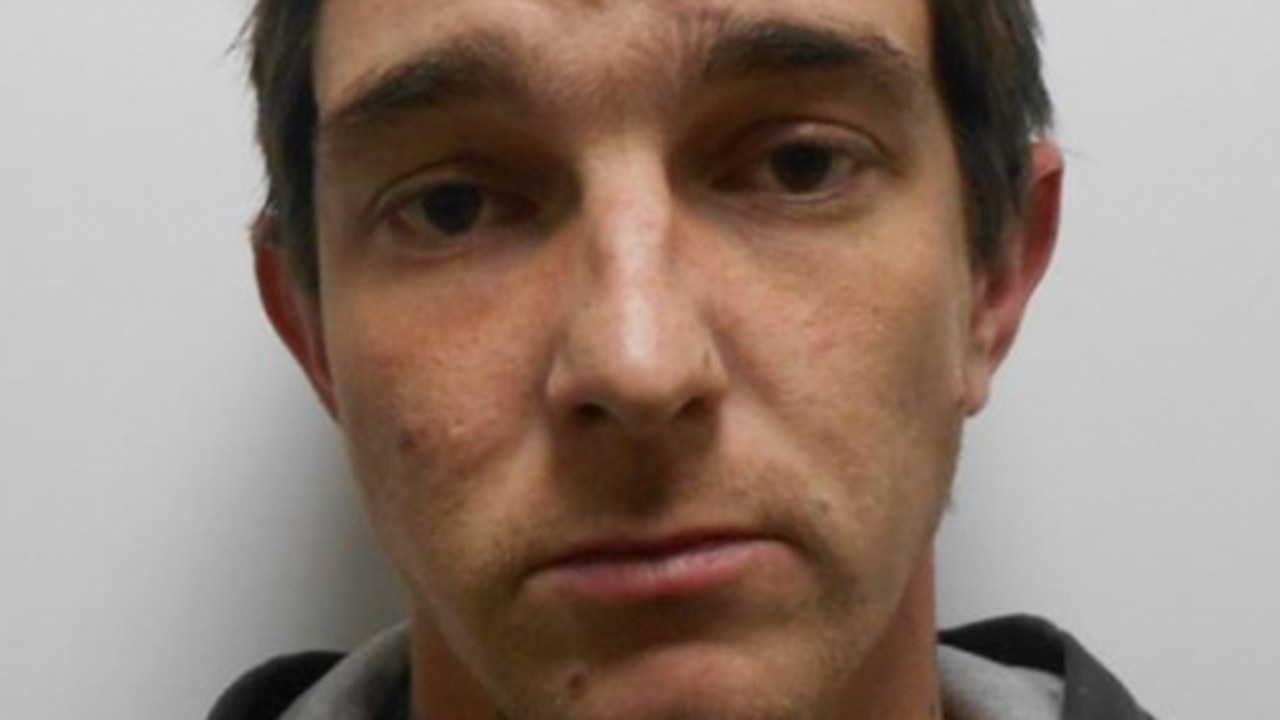Hillier triple murder: Reasons behind resource issue at Families SA northern suburbs office
The ‘complexity’ and ‘volume’ of child abuse cases in one state resulted in authorities leaving two siblings in a home where they would eventually be killed.
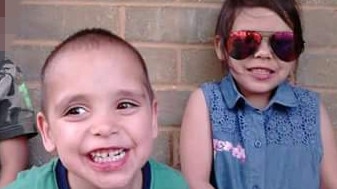
NewsWire
Don't miss out on the headlines from NewsWire. Followed categories will be added to My News.
Families SA was buckling under the complexity and volume of its case load at the time it received notifications about two young children who were later murdered by their mother’s partner, a court has heard.
Steven Graham Peet murdered his partner Adeline Yvette Wilson-Rigney and her two children, Amber Rose Rigney, 6, and her brother Korey Lee Mitchell, 5, on May 20, 2016.
Peet pleaded guilty to the triple murder and was handed a mandatory life sentence with a 36-year non-parole period while he is serving.
Amber and Korey were living with their mother, 28, and Peet at a property in Hillier, north of Adelaide, at the time of the murders.
A post mortem found the children were strangled to death.
A coroner’s inquest began earlier this week to investigate the circumstances surrounding the Amber and Korey’s deaths and the involvement of the Department of Child Protection, formerly known as Families SA.
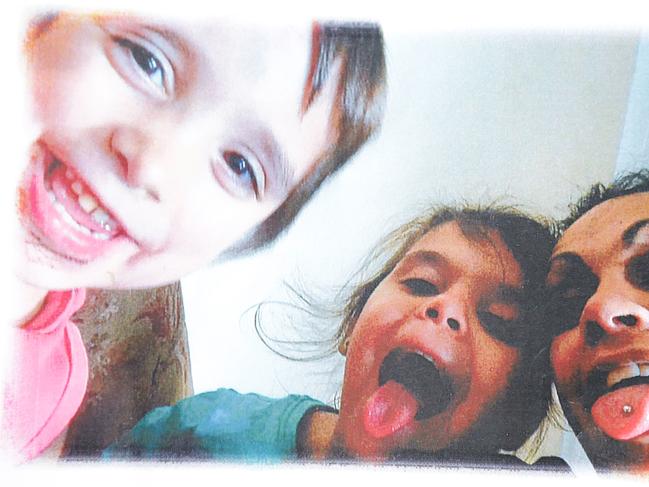
The inquest — before Deputy Coroner Anthony Schapel — was told on Thursday the complexity of cases and the workload was the reason behind limited staffing at Families SA’s Elizabeth office; where notifications regarding Ms Wilson-Rigney were received.
“(The Elizabeth office) had a high portion of work that flowed through to them because of the demographic,” Department for Child Protection’s service delivery and practice executive director Sue McDonald said.
“It was difficult to retain staff.”
As an example, Ms McDonald pointed out the office received 20 “tier 1” categories in just one week, which was a “significant” amount.
“The flow on effect for the next months is significant,” she said.
“A high percentage of tier 1 cases would involve court action so there is court preparation, access, working with children and working with parents.”
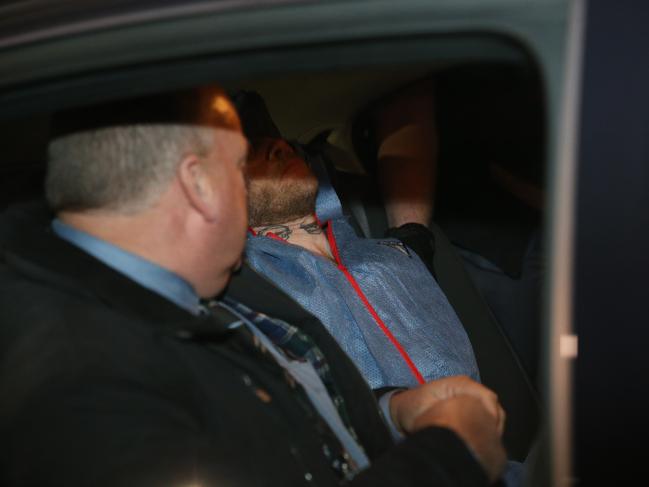
She also said Families SA had spoken with Amber and Korey who did not raise any concerns about their mother.
“We also need to remember that they were five and six and (were) talking to a stranger about their parent … we need to remember their development and what might stop them.
“We would never expect a child to be responsible for their own protection so we talk to children and get a general sense of their world but they didn't raise any concern.
“We would never have relied solely on what Amber and Korey said.”
Ms McDonald said staff also spoke to Ms Wilson-Rigney, who was described as “difficult to engage” with.
“That had been a pattern throughout her life and when I reflect on the trauma she experienced, in particularly with the child protection system and other government systems, I'm not sure that was necessarily unusual for her.
“When we did engage and talk to her, the concerns outlined in the investigation (about her drug use) were not immediately apparent.”
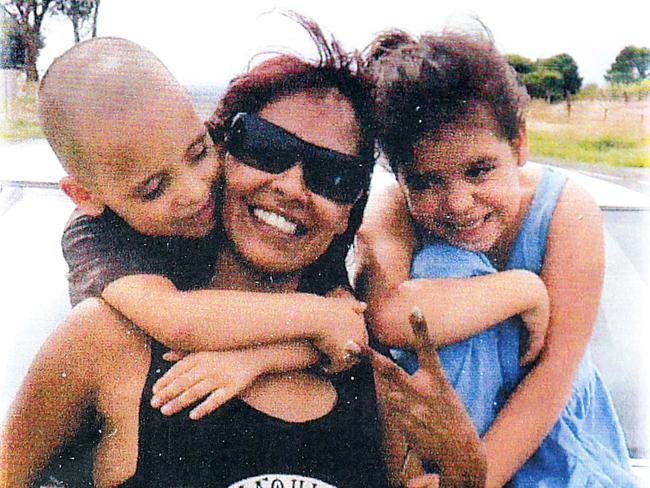
Resourcing issues have continued to be discussed throughout the inquest.
On the second day of the inquest, former acting supervisor and support officer at the Department for Child Protection, Avril Hale, spoke about the limited resources at the department at the time and said it was “only responding to tier 1 cases”.
She conceded Amber and Korey‘s “tier 2” notifications could have been classified as “tier 1” or instant removal of a child if the department “had the legs” to investigate.
“Had we had the resources we would have acted … the issue was the resources to be able to do that,” Ms Hale said.
“The volume of notifications that were coming into the system … it meant there were children in even more dangerous situations and in more dire situations that we needed to use those resources to address.”
The inquest continues.
Originally published as Hillier triple murder: Reasons behind resource issue at Families SA northern suburbs office



